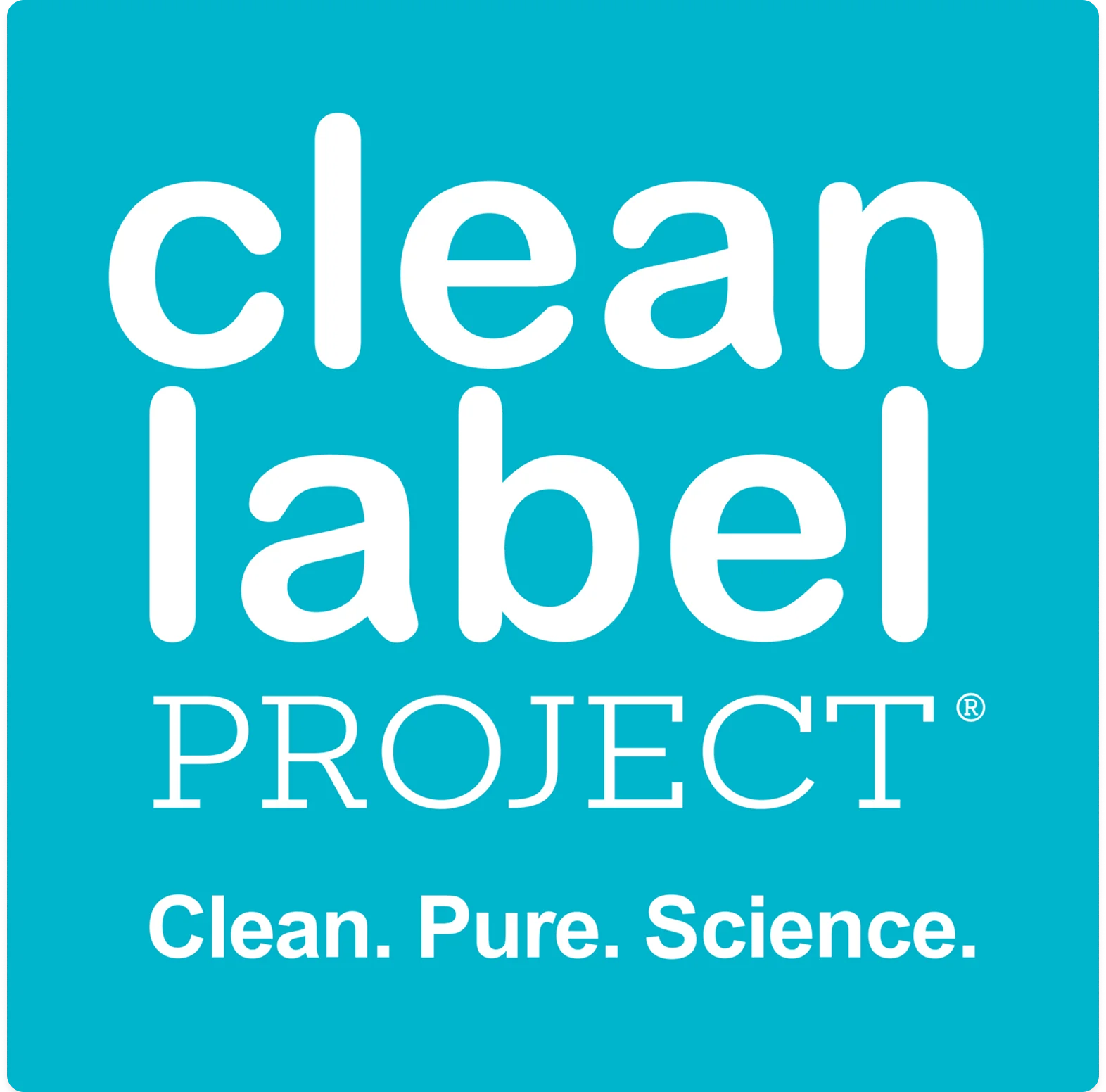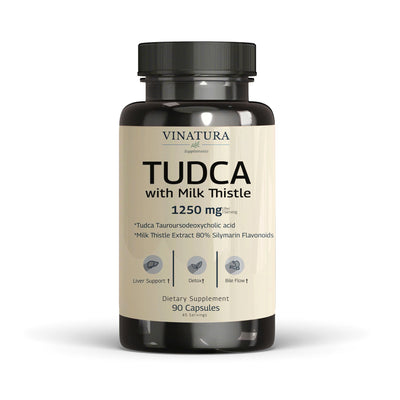
Glynac Vs NAC: Which Is Better For Longevity?
Glynac and NAC are two important compounds that help support health and longevity for users. To determine which compound is better for extending lifespan, Glynac appears to have an advantage over NAC. In this article, we will explore both compounds in more detail, as well as the reasons why Glynac offers greater benefits for longevity.
Before exploring further, please read the disclaimer located at the end of this webpage.
Key Takeaways
- Glynac provides superior benefits for longevity and overall health.
- NAC may help improve respiratory conditions in individuals with lung-related diseases.
- Glynac and NAC can be combined at the recommended dosages.
Understanding Glynac
What Is Glynac?
Glynac is a biological compound that combines two amino acids, Glycine and N-acetylcysteine (NAC). It helps support the production of glutathione in the body.
Glutathione is one of the most powerful antioxidants in the body; it helps protect cells from damage caused by oxidative stress, supports immune function, and reduces inflammation. Currently, Glynac is being widely studied for its potential benefits in extending the human lifespan.
Glynac Benefits

Benefits for Longevity:
A study conducted on 36 young adults supplemented with Glynac for 2 weeks and 16 weeks compared various health markers [1]. The results showed that participants who used Glynac for 16 weeks had good tolerance and improved levels of intracellular antioxidant glutathione, reduced oxidative stress, mitochondrial dysfunction, and physical fitness, thereby enhancing health and promoting longevity.
Another study on 32 naturally aged mice found that by the time they reached 65 weeks of age, they were divided into groups, with one receiving Glynac and another on a standard diet. The Glynac-supplemented group showed an increase in lifespan by 23.7% (in both male and female mice) [2].
Immune Function Support:
Glynac helps enhance the body’s ability to combat diseases and infections by maintaining high levels of glutathione, which in turn improves immune function and the body's self-protection against harmful factors.
Reducing Inflammation:
Glutathione produced by Glynac has strong anti-inflammatory effects, reducing the risk of developing inflammation-related diseases such as cardiovascular disease, diabetes, and Alzheimer’s disease.
Understanding NAC
What Is NAC?
N-acetylcysteine (NAC) is an acetylated form of the amino acid cysteine, providing the body with a rich source of cysteine. NAC is often recognized as a powerful antioxidant, protecting cells from damage, enhancing recovery, and improving lung health while also supporting the immune system.
NAC Benefits
A study conducted in 2019 demonstrated that NAC has the following benefits for individuals with respiratory issues [3]:
- Improving Respiratory and Lung Health: NAC is particularly beneficial in supporting the respiratory system.
- Antioxidant Effects: NAC helps minimize oxidative stress, neutralizing harmful free radicals while also improving the condition of COPD.
Additionally, NAC has antioxidant effects, thereby contributing to overall health and longevity.
Glynac vs NAC: Which Is Better For Longevity?

When it comes to enhancing health and promoting longevity, research suggests that GlyNAC may be a superior option compared to NAC due to the following factors [5]:
- Comprehensive GSH Precursors: GlyNAC provides both glycine and cysteine, enabling more efficient GSH synthesis, while NAC only supplies cysteine.
- Oxidative Balance: GlyNAC allows cells to regulate GSH levels naturally, avoiding the reductive stress associated with NAC or other exogenous antioxidants.
These factors are key to GlyNAC’s ability to extend cellular longevity and reduce the risk of chronic diseases more effectively than standalone NAC.
Can You Take Glycine And NAC Together?
The answer is yes, you can combine glycine and NAC for use together. This combination offers significant health benefits, as glycine (a component of GlyNAC) enhances the effectiveness of NAC, helping both substances work together to boost glutathione production more efficiently in the body.
Alternatively, you can consider using GlyNAC as a complete substitute, as it already combines these two components.
How To Use Glynac vs NAC
To use Glynac and NAC correctly, it is important to follow the recommended dosage guidelines:
Glynac: This supplement contains two main ingredients, glycine and NAC, and the recommended dosage is 100mg/kg/day [4]. This is equivalent to 5000 mg/day for a 50kg person, 6000mg/day for a 60kg person, and 7000mg/day for a 70kg person.
NAC: The recommended dosage is 600 mg/day, which can be split into smaller doses if necessary for optimal effectiveness [3].
Based on the recommended dosages above and with advice from your doctor, you can create a suitable usage plan tailored to your needs.
Conclusion
Both Glynac and NAC offer potential health benefits. However, when considering longevity and overall health, Glynac provides more significant advantages. I hope this article has given you a broader perspective to help you decide whether to use Glynac or NAC to meet your personal health goals.
References
- [1] Kumar P, Liu C, Suliburk J, Hsu JW, Muthupillai R, Jahoor F, Minard CG, Taffet GE, Sekhar RV. Supplementing Glycine and N-Acetylcysteine (GlyNAC) in Older Adults Improves Glutathione Deficiency, Oxidative Stress, Mitochondrial Dysfunction, Inflammation, Physical Function, and Aging Hallmarks: A Randomized Clinical Trial. J Gerontol A Biol Sci Med Sci. 2023 Jan 26;78(1):75-89. doi: 10.1093/gerona/glac135. PMID: 35975308; PMCID: PMC9879756.
- [2] Kumar P, Osahon OW, Sekhar RV. GlyNAC (Glycine and N-Acetylcysteine) Supplementation in Mice Increases Length of Life by Correcting Glutathione Deficiency, Oxidative Stress, Mitochondrial Dysfunction, Abnormalities in Mitophagy and Nutrient Sensing, and Genomic Damage. Nutrients. 2022 Mar 7;14(5):1114. doi: 10.3390/nu14051114. PMID: 35268089; PMCID: PMC8912885.
- [3] S Moitra, N-acetylcysteine (NAC) in COPD: benefits often lost in trials, QJM: An International Journal of Medicine, Volume 112, Issue 5, May 2019, Pages 387–388, https://doi.org/10.1093/qjmed/hcy166
- [4] Kumar, P., Liu, C., Suliburk, J., Hsu, J. W., Muthupillai, R., Jahoor, F., ... & Sekhar, R. V. (2023). Supplementing glycine and N-acetylcysteine (GlyNAC) in older adults improves glutathione deficiency, oxidative stress, mitochondrial dysfunction, inflammation, physical function, and aging hallmarks: a randomized clinical trial. The Journals of Gerontology: Series A, 78(1), 75-89. https://doi.org/10.1093/gerona/glac135
- [5] Kumar, P., Osahon, O. W., & Sekhar, R. V. (2022). GlyNAC (glycine and N-acetylcysteine) supplementation in mice increases length of life by correcting glutathione deficiency, oxidative stress, mitochondrial dysfunction, abnormalities in mitophagy and nutrient sensing, and genomic damage. Nutrients, 14(5), 1114. https://pmc.ncbi.nlm.nih.gov/articles/PMC8912885/
Author

Product Disclaimer
Including an ingredient or study does not evaluate, endorse, or recommend any Vinatura product or any third-party product. Some ingredients discussed may not be used in any Vinatura product.
The content of the articles has not been evaluated by the Food and Drug Administration (FDA) and is not intended to promote or endorse any specific product. Any products sold on this website are not intended to diagnose, treat, cure, or prevent any disease.
Opinions and Endorsements
Any claims, statements, or opinions expressed in the articles are those of the author(s) and do not necessarily reflect the views or opinions of the manufacturers of the dietary supplement products. The products sold on this website are separate from the content of the articles and are not directly endorsed or associated with the information presented here.
Liability Disclaimer
The author(s) of the articles, website, and manufacturers of the dietary supplement products do not assume any liability for any potential consequences arising from the use of the information provided in the articles. Ingredient effects, dosages, and safety vary by individual, formulation, and context; some ingredients interact with medications or may be unsuitable during pregnancy or lactation. It is recommended that individuals consult with a qualified healthcare professional before making any dietary or lifestyle changes, including the use of dietary supplements.
Product Usage
Please refer to the product labels and packaging for specific usage instructions and guidelines for the dietary supplement products sold on this website.
Customer Support
For any concerns or questions regarding the dietary supplement products, please contact our customer support team, who will be more than happy to assist you.






Leave a Comment
Be the first to comment.
What do you think?